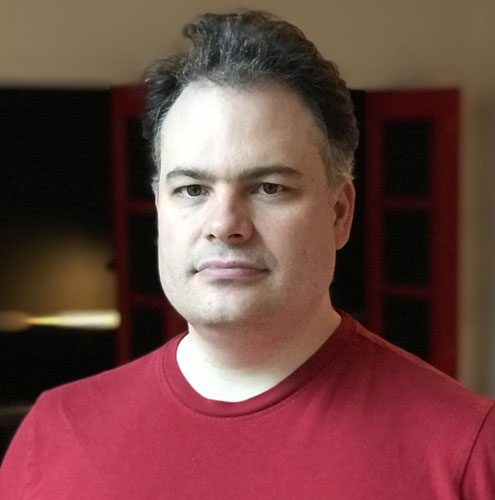
Noah Healy:
Doubling Human Wealth
Noah Healy’s breakthrough invention could transform financial markets, making them hundreds of thousands of times more efficient. His system introduces a four-player model that would radically change how prices are set and markets operate, paving the way for a more transparent and productive global economy.
Bio
Noah Healy is a market designer and game theorist working on better economic systems. After training in nuclear engineering he worked for tech startups at the peak of the dot com boom. Becoming fascinated by the mathematics of information and computation led to patent work on a better commodity market design.
Topics
- The development and inspiration behind Noah’s financial market invention.
- The mathematical principles that led to discovering the more efficient system.
- The four-player market system and how it differs from traditional models.
- How transparency and productivity can reshape the global economy.
- The potential for this invention to double human wealth.
- The practical applications of this system in current markets.
- Challenges faced in bringing this system to the public domain.
- How this innovation could affect everyday consumers and producers.
- The role of technology in advancing economic systems.
- The philosophical implications of efficiency in economics and human well-being.
Guiding Questions
- What sparked your interest in math, and how did that lead to this invention?
- Can you walk us through the concept of your four-player market system?
- What makes your system so much more efficient than current market systems?
- How would this invention affect everyday people involved in production and consumption?
- You mention the potential to double human wealth—can you explain that in more detail?
- What were some of the biggest challenges in turning your idea into a public patent?
- How do you see the transition from our current financial markets to this new system?
- What changes would we see in the economy if this system were widely adopted?
- Can you explain how this system would reduce costs and increase transparency?
- How does your invention align with your personal philosophy on productivity and fairness?